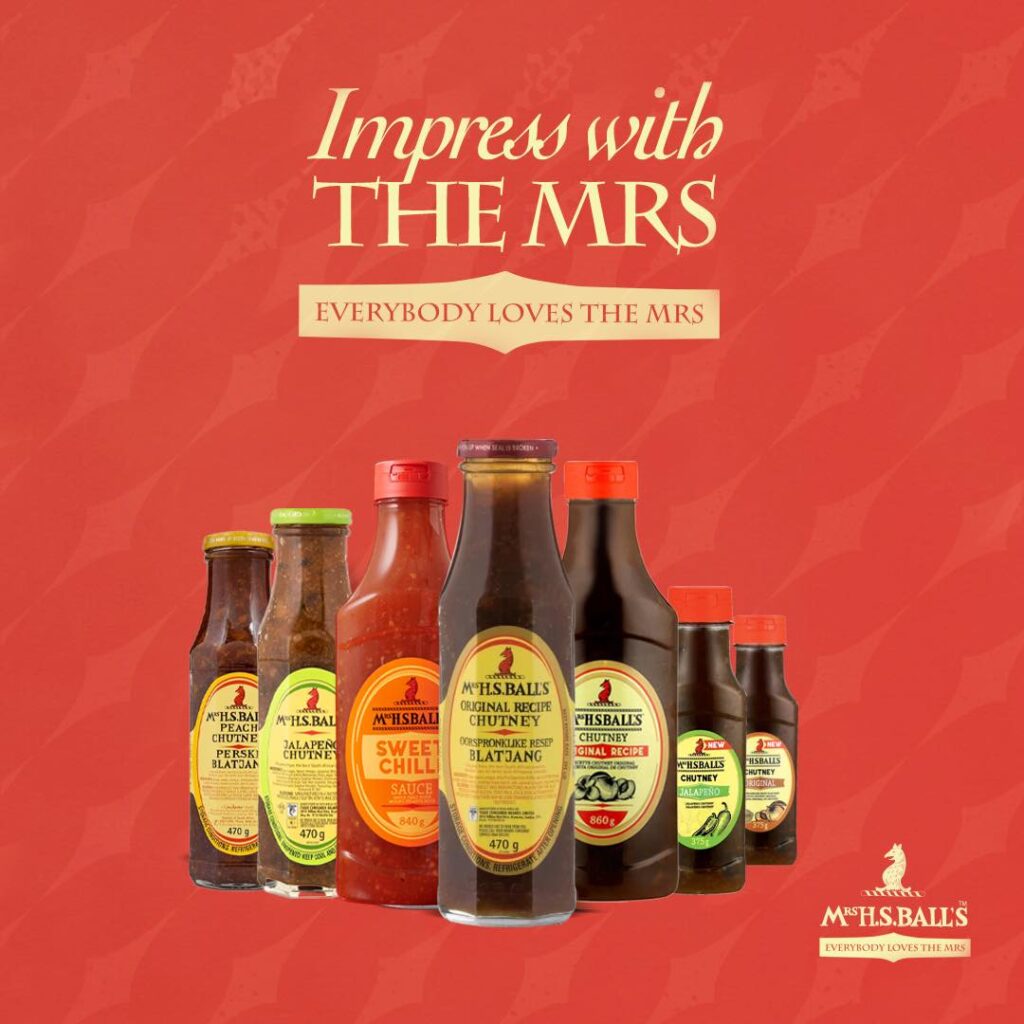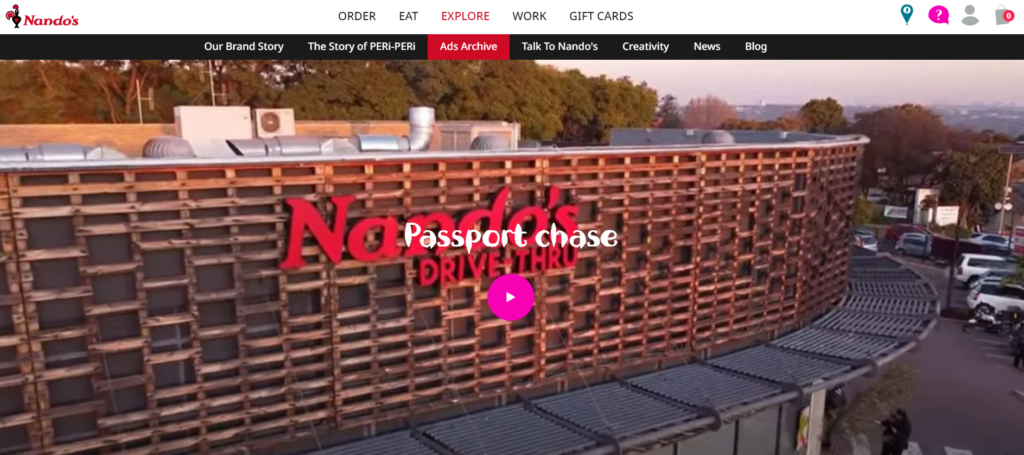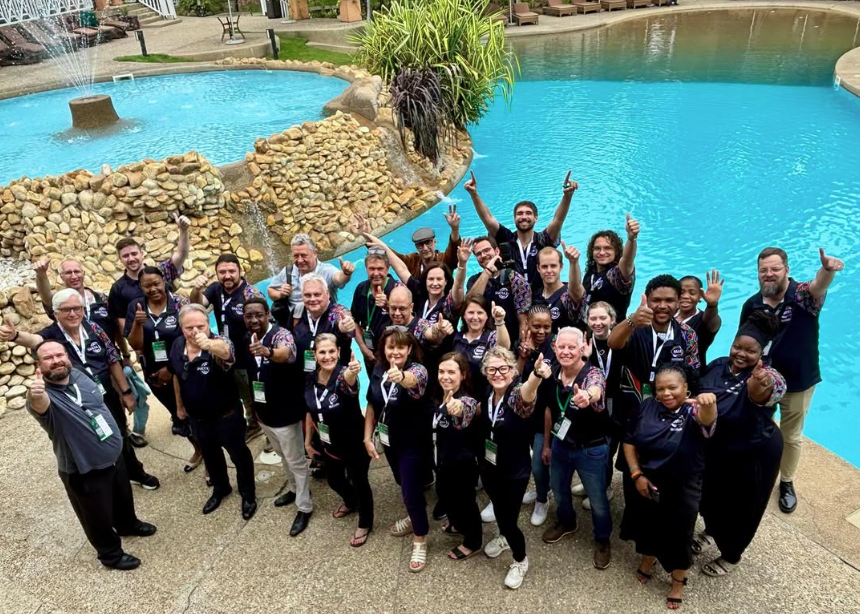New technologies, like the expansion of the internet and artificial intelligence, have given marketing the wings to change as drastically as it has in recent years.
Many marketers and companies have had to adapt and change, but despite this, companies and brands that are older and more established have been able to not only survive but thrive. For marketers looking to grow their careers and make a lasting impact in South Africa, this blog will explore the importance of finding the perfect balance between heritage and modernity.
South Africa’s Iconic Brands
Journey of Iconic Brands
The history of South Africa’s well-known brands is evidence of their inventiveness and tenacity. Many of these companies have backstories dating several decades – or even centuries.
Take Rooibos Tea for example; a story that stretches back to the Khoisan people. In a similar vein, companies such as Mrs. Ball’s Chutney and Ouma Rusks have come to represent the tapestry of South Africans, and thereby asserting their rightful place in our nation’s story.
While adhering to their founding principles, these companies have been able to change with the times and adopt new marketing strategies and technological developments. These brands have shown both flexibility and vision while handling economic difficulties, political upheavals, and ever-changing consumer trends.
Future marketers can use their ongoing success as a playbook of sorts for brands that have stood the test of time.

Image credits: Mrs. Ball’s Chutney / https://www.facebook.com/MrsBallsChutneySA/
Overcoming Market Challenges
South Africa’s iconic brands have faced numerous market challenges over the years. These brands have had to constantly adjust to a variety of factors, including altering consumer behaviour, fierce global rivalry, economic downturns, and fluctuating exchange rates.
Innovation in marketing and product development has been a crucial tactic. For example, several brands have varied their product lines to appeal to different market niches in order to combat economic challenges. For example, Checkers launched an online delivery platform that allows customers to shop and have their groceries delivered from the comfort of their homes. These brands have also been able to interact directly with customers and reach a wider audience by adopting digital marketing. Understanding and adapting to the socio-political environment has shown to be another essential component.
Companies such as Nando’s have improved their relatability and appeal by using their marketing campaigns to highlight social issues. One example would be Nando’s responding to President Cyril Ramaphosa’s recent announcement of the new National Executive. Nando’s compared Ramaphosa’s cabinet announcement at the Union Buildings to ‘7 colours’, stating, “Here’s to hoping it’s a meal that delivers.” 7 colours is a typical South African dish named because of the variety of colours it displays when served, which consists of rice, chicken or beef, and sides such cabbage, beans salad, potato salad, or coleslaw. These examples show marketers how important it is to foresee obstacles and create proactive plans to overcome them.

Image Credit: Nando’s Sout Africa/ https://www.nandos.co.za/
Guiding any brand to success and perhaps even more difficult, maintaining your brand position requires an deep understanding of brand strategy The online Strategic Brand Management course offered by the IMM Institute, offers students the information and skills that marketers would need to become top brand managers, account directors, strategic partners – and the likes.
Staying True to Heritage
Maintaining a connection to their heritage has been a cornerstone for many South African brands. Their dedication to heritage helps them stand out in a congested industry and cultivate a devoted clientele.
In their marketing, Amarula, which sources the native marula fruit of South Africa, uses this narrative to highlight their regional roots and customs. Similarly Castle Lager has continuously emphasised its South African heritage, capitalising on pride in the country to promote brand loyalty. These companies establish an emotional bond with customers by honouring their distinctive history, which is crucial for brand development. But being loyal to one’s heritage does not imply opposing change. This demonstrates to aspiring marketing executives how crucial it is to maintain brand authenticity while welcoming innovation. Balancing these elements can create a powerful narrative that resonates deeply with consumers.

In Summary
It is evident that the success of these iconic South African brands stems from a well-balanced blend of heritage, tradition, and modernity, and marketers can learn from this. To stay relevant and capable in your career, marketers can fuel their mark by learning from the heritage of South African success stories – while pioneering new trends.
Consider checking out the online Strategic Brand Management course offered by the IMM Institute to sharpen your knowledge and skills.
















